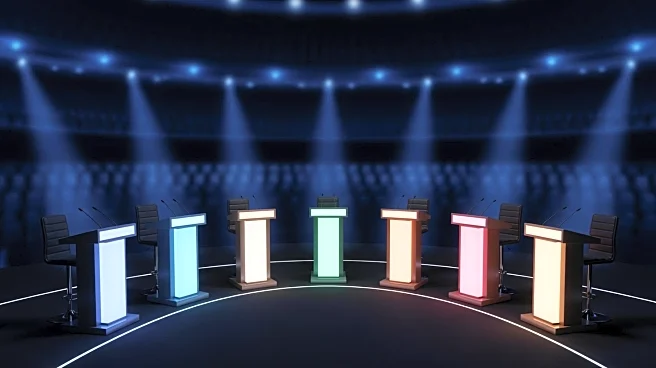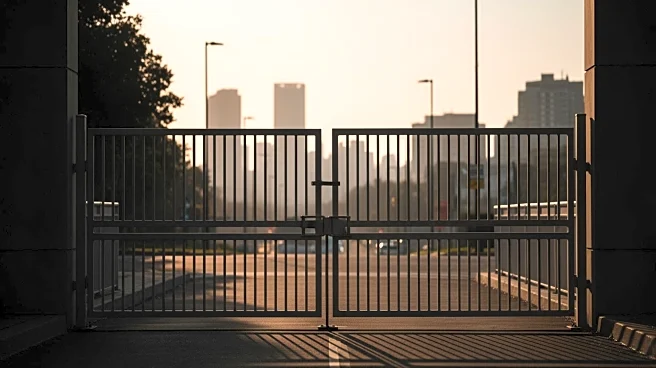Rapid Read • 8 min read
Tesla is facing legal challenges following a Miami jury's decision to award $329 million in damages for a fatal 2019 crash involving its Autopilot driver assistance product. The jury found Tesla 33% responsible for the crash, with the driver blamed for the remainder. Tesla argued that the driver was speeding and had overridden the Autopilot features by pressing the accelerator pedal while searching for his phone. Despite the verdict, Tesla plans to appeal the decision, which has been described as a setback for the automotive industry by Future Fund Active ETF cofounder Gary Black. The case highlights ongoing concerns about the safety and legal implications of self-driving technology.
AD
The verdict against Tesla has broader implications for the self-driving car industry, which aims to reduce urban congestion and improve road safety. The legal challenges could affect the development and implementation of autonomous vehicle technology, potentially increasing costs and slowing adoption. Tesla's stock dropped 1.8% following the verdict, reflecting investor concerns. The case underscores the importance of how accidents involving self-driving technology are treated in courts, which could influence the cost and diffusion of these services across the U.S. The industry is valued in the trillions, with significant potential for growth in AI-trained ride-hailing services.
Tesla plans to appeal the jury's decision, which could set a precedent for future legal cases involving self-driving technology. The outcome of the appeals process will be closely watched by investors and industry stakeholders. Tesla's robotaxi service, launched in Austin, Texas, aims to expand to cover half the U.S. population by the end of 2025. The company continues to face competition from other EV makers, including Ford, which plans to unveil new EV technology soon. The evolving legal landscape and competitive pressures will shape the future of self-driving technology in the U.S.
The case raises ethical and legal questions about the responsibility of drivers versus technology in autonomous vehicle accidents. It highlights the need for clear regulations and standards to ensure safety and accountability. The development of self-driving technology also has cultural implications, potentially changing how Americans view car ownership and urban transportation. As the technology advances, it may lead to shifts in employment patterns and urban planning, with fewer cars needed and more reliance on ride-hailing services.
AD
More Stories You Might Enjoy










